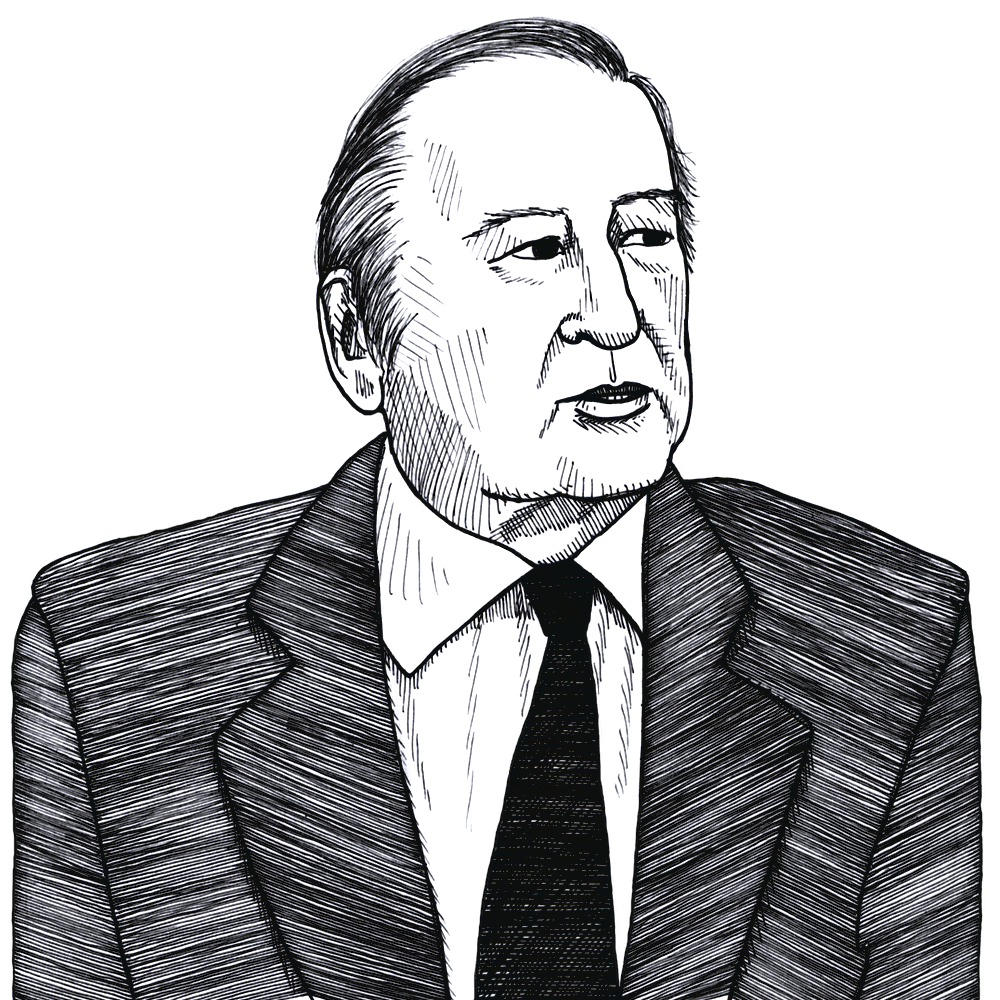
Jasay on the superiority of “spontaneous conventions” over “legal frameworks” (2007)
Found in: Political Economy, Concisely
The political economist Anthony de Jasay (1925-2019) concludes that a major reason in explaining differences between nations concerning respect for property and tolerance towards others has less to do with formal “legal frameworks” which may exist than with deeper “spontaneous conventions” or social customs which have evolved over long periods of time:
Law
Here we reach the nub of the problem of why people in some societies behave mostly well, while in others they so often misbehave. Law even at its best controls only a small part of human behavior. At its worst, it aspires to control a great part, but largely fails. Vastly more important than the legal system is the much older and more deeply rooted set of unwritten rules (technically, spontaneous conventions) barring and sanctioning torts, nuisances, and incivilities that together define what each of us is free to do and by the same token what no one is free to do to us. If these rules are kept, everyone is free, property is safe, and every two-person transaction is mutually beneficial (though third persons may be exposed to negative externalities—for the rules are no bar to competition or the general rough-and-tumble of ordinary life).